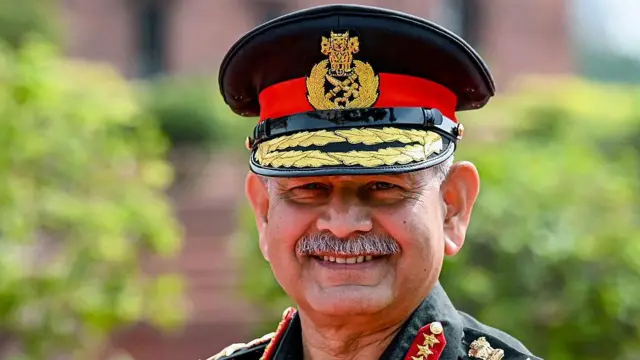
Months after the suspension of the Indus Water Treaty (IWT) with Pakistan, the Centre has given environmental clearance for the strategically important 1,856-MW Sawalkot hydroelectric project on the Chenab in Ramban district of Jammu and Kashmir.
Stalled for nearly four decades due to forest clearance and rehabilitation issues, the project is one of India’s largest hydropower schemes in the Chenab basin and a key part of the government’s push to fully utilise its share of western river waters under the 1960 treaty. The Centre had suspended the IWT following the April 22 Pahalgam terror attack.
The run-of-the-river project will be built by the National Hydroelectric Power Corporation (NHPC) in two stages at an estimated cost of Rs 31,380 crore. It will be using the Chenab waters in Ramban, Reasi and Udhampur districts. It envisages the construction of a 192.5-metre-high roller-compacted gravity dam, an upstream short water conductor system to transport water from a high-elevation source and an underground powerhouse where main components such as machine hall, turbines and generators will be built. It will be designed to generate about 7,534 million units of electricity annually.
Once commissioned, the project will be the largest hydropower project in the UT. Besides adding to the region’s power supply, it will enhance India’s ability to manage and store the Chenab’s waters, a right allowed under the IWT but rarely exercised fully due to engineering challenges and diplomatic sensitivities with Pakistan.
The project proposal was earlier considered by the Union Environment Ministry in 2016 and 2017, but it could not materialise due to various reasons. A memorandum of understanding for the project was signed on January 3, 2021, between the Jammu and Kashmir Power Development Corporation and the NHPC.
The project requires 1,401.350 hectares of land, of which 847.17 hectares is forest areas and 554.18 hectares non-forest. “A total of 13 villages and about 1,500 families from Ramban and Gool Sangaldan tehsils of Ramban district will be affected due to land acquisition,” as per the minutes of the meeting of the Environment Ministry’s expert appraisal committee.
The NHPC has proposed a detailed rehabilitation and resettlement plan, offering housing, livelihood support and skill development to the affected families.
No national park or wildlife sanctuary is located within 10-km radius of the project and the nearest protected area, Kishtwar High-Altitude National Park, is 62.8 km away.
Under the IWT, the three eastern rivers–Ravi, Beas and Sutlej–were allocated to India for its exclusive use. The three western rivers–Indus, Jhelum and Chenab–were reserved for Pakistan, though India retains limited rights to use their waters for non-consumptive purposes, such as run-of-the-river hydropower generation, navigation and fisheries.





































































